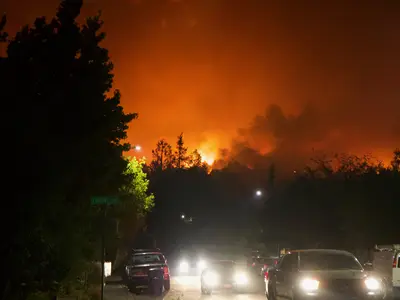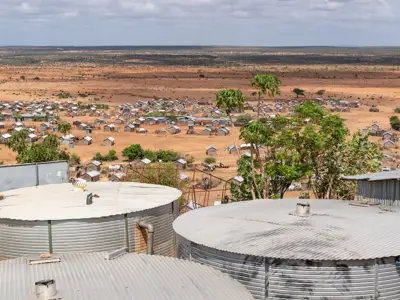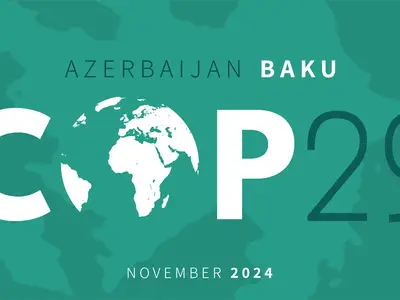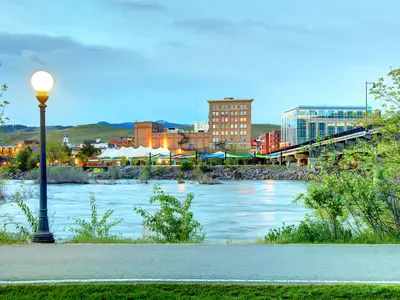Fostering community infrastructure to combat climate change globally
Resilience is defined as the ability of people, households, communities, systems, and countries to mitigate, adapt to, and recover from shocks and stresses, such as drought, floods, and heat waves, in a manner that reduces chronic vulnerability and facilitates inclusive growth. Global changes in weather patterns and sea levels are resulting in increased frequency and intensity of climate shocks, hampering service delivery efforts, destroying infrastructure, increasing uncertainty, and putting life, livelihoods, natural ecosystems, and property at risk. Coping mechanisms that might previously have been effective are proving inadequate, triggering increased requests for humanitarian assistance, which has created a real need for climate planning and preparedness.
At RTI, we understand that building resilient communities requires systemic transformation, such as strengthening market systems and enhancing the quality of ecosystems, all of which can help communities to manage and recover from climate shocks. We prioritize working collaboratively with communities as well as government entities to implement adaption strategies at multiple levels.
Building Local Capacity for Climate Adaptation
RTI works in partnership with local stakeholders to strengthen their capacity to plan and prepare for shocks, a critical step in building resilient communities and cities. We leverage our multi-sectoral and cross-cutting expertise in climate change, urban planning, food security, energy, market systems, and natural resource management to strengthen local stakeholders. This approach includes services such as climate planning, climate resilient infrastructure, sustainable food systems and supply chains, early warning notifications, and maximizing integration and efficiency for basic services in areas such as the food-energy-water-health nexus.
Resilient Market Systems
We identify critical ways in which market systems build resilient communities and then strengthen the market system’s capacity to continue those critical functions both during and after climatic and economic shocks. For example, agricultural market systems need to provide climate-smart seed varieties to farmers despite market shocks, drought, or conflict. Using USAID’s Market System Resilience Framework, we are working to strengthen the resilience capacities of agricultural market systems in Somalia and Kenya, which in turn leads to more resilient communities.
Urban Sustainability
Urban areas are growing because they provide a high concentration of jobs and are hubs for economic opportunity. Because governments typically budget and spend only on the basic upkeep of cities and the provision of services, cities are not equipped to tackle the steep change in requirements to manage or effectively plan for the exponential population growth that likely to continue. We bring science to city planning and operations that will lead to resilient, sustainable, and affordable urbanization.
Resilient Ecosystems
Climate change is intensifying existing stressors on wildlife and their habitats while jeopardizing the ecosystem-based livelihoods on which many people depend, such as tourism and recreation. Enhancing, protecting, and restoring natural ecosystems, including coastlines, wetlands, and tree canopy, not only bolsters their intrinsic value, but also provides climate mitigation and adaptation benefits for communities. In North Carolina, we developed a hydro-economic framework to provide guidance surrounding where land conservation investments may result in the largest monetary benefit, as well as water supply quality protection and resiliency under future climate conditions.























